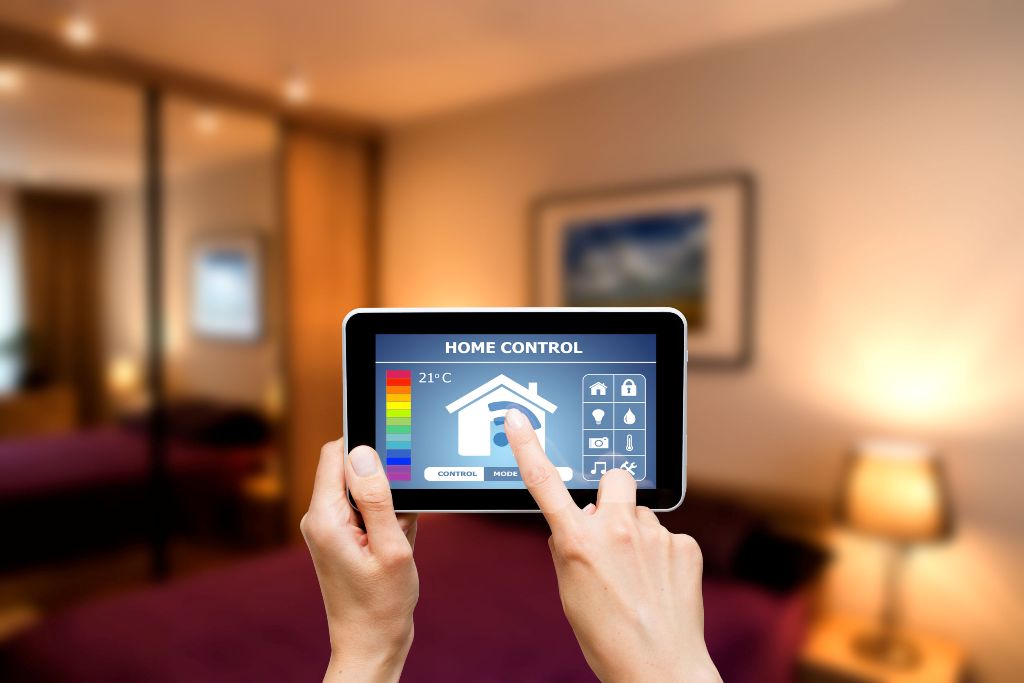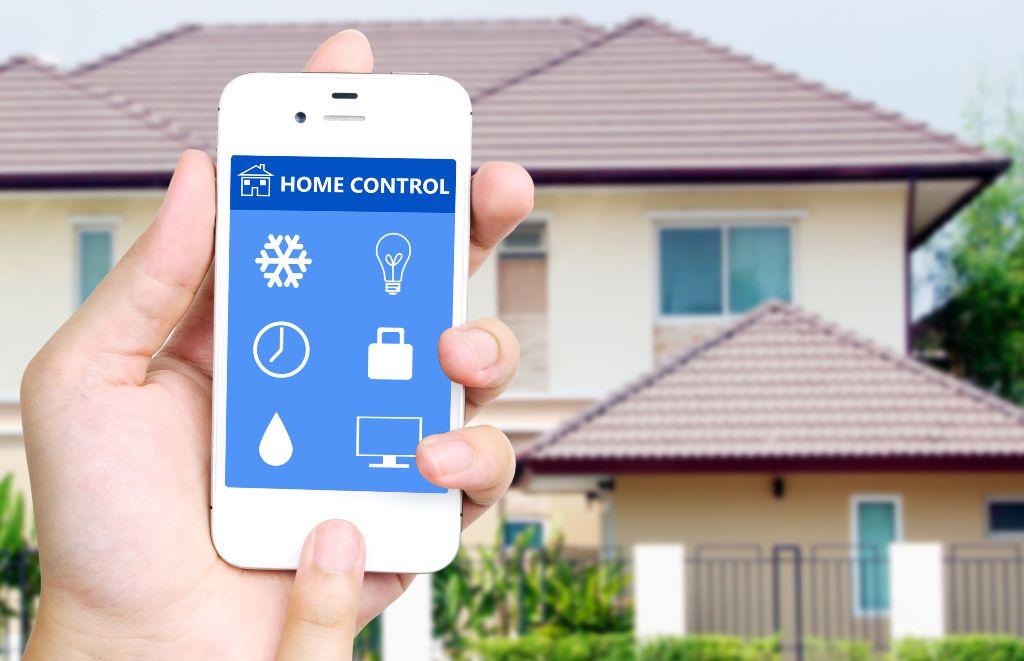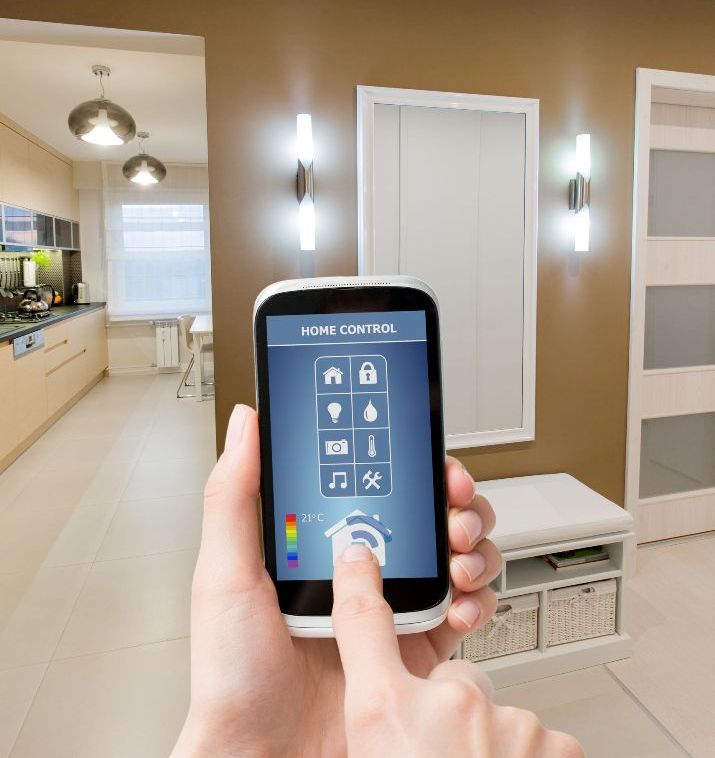Smart Home Technologies: Losers & Winners
So-called "smart homes" – those with integrated entertainment, heating/air conditioning, lighting and security systems – aren’t just a plaything for the wealthy. They’re very real and coming your way. Juniper Research reports that the market for home automation systems was already $33 billion in 2013, and is expected to nearly triple in the next few years.

In a market that’s poised to explode, companies are eager to dive in head-first with the hope that their products can quickly gain traction and become standards. Giants like Google, Apple and Microsoft, as well as a huge number of smaller companies and startups, have all tried to force their way into the smart home technology market. It’s still extremely early in the process, and way too soon to declare many definitive losers and winners. Here’s an early look, though.
Losers
Revolv: Considered a promising contender in the home automation hub market just two years ago, the product fell flat on its face with abysmal sales numbers. Google’s Nest acquired it in order to obtain the company’s intellectual property and a few employees, and then killed the product itself. Among Revolv’s problems: it never delivered on promises to be compatible with all smart devices, it never lowered prices from $299 when competitors did, and it never generated buzz after its launch – other than from users complaining about compatibility issues.

ZigBee and Z-Wave: Z-Wave is still fighting, but both companies’ attempts to become the standard wireless networking protocols for remote home technology have largely failed. In fact, ZigBee is said to have stopped development work and started working with new competitor Thread. ZigBee’s major problem was device interoperability, while Z-Wave’s proprietary approach doomed it in the marketplace. This leaves the door wide open for Thread (from Nest, Samsung, Qualcomm and other partners) and a new version of Bluetooth aimed at the remote home technology segment. Why is this important? Until this battle is settled, most devices won’t talk to each other, and home users will have to rely on complicated smart home hubs in order to communicate with all of their devices.
Losers Which May Become Winners
Google: One of the early entries in the smart home controller arena, Google’s Android@Home failed miserably a few years ago. In order to get back into the game, the company paid more than three billion dollars to purchase Nest last year. They also bought security company Dropcam, and continue to roll out new products to work with Nest including new security cameras and smoke alarms. Nest claims it has shipped millions of devices to date and is seeing significant growth. The usual Android/iOS wars have already broken out, though, as Apple has just removed Nest thermostats and other products from its stores, replaced with the HomeKit compatible Ecobee3.

SmartThings: When you begin life as a Kickstarter project and are bought two years later by Samsung for $200 million, you’re already a winner. Samsung has kept the SmartThings smart home controller as an open platform, allowing for development of compatible apps (there are now well over 10,000 of them). And while some view it is as simply a low-priced alternative to products like Nest and HomeKit, many analysts believe it outperforms both by supporting more devices with its easy to configure hub-and-app system (so you do need a smartphone to use it).
Apple: The company’s HomeKit home controller is still in its infancy, doesn’t have a lot of certified partners yet (like most Apple products, there’s a rigorous certification process), and doesn’t bring a lot of innovation to the table. Then what makes it a winner? As with most Apple products, HomeKit can take advantage of an enormous infrastructure (support is already built into AppleTV), as well as the company’s experience in creating cool interfaces and Apple’s existing customer familiarity. For example, either a new iOS Home app or Siri will be “in charge” of controlling your devices; theoretically, you will be able to set up the system so that when you say “Good morning, Siri,” it will turn on the lights, raise the blinds, and start the coffeemaker. That’s a tough hurdle for SmartThings or Next to overcome, even if they can or will be able to perform the same tasks. Apple’s inherent advantages lead experts to believe that HomeKit will generate big profits, quickly.



